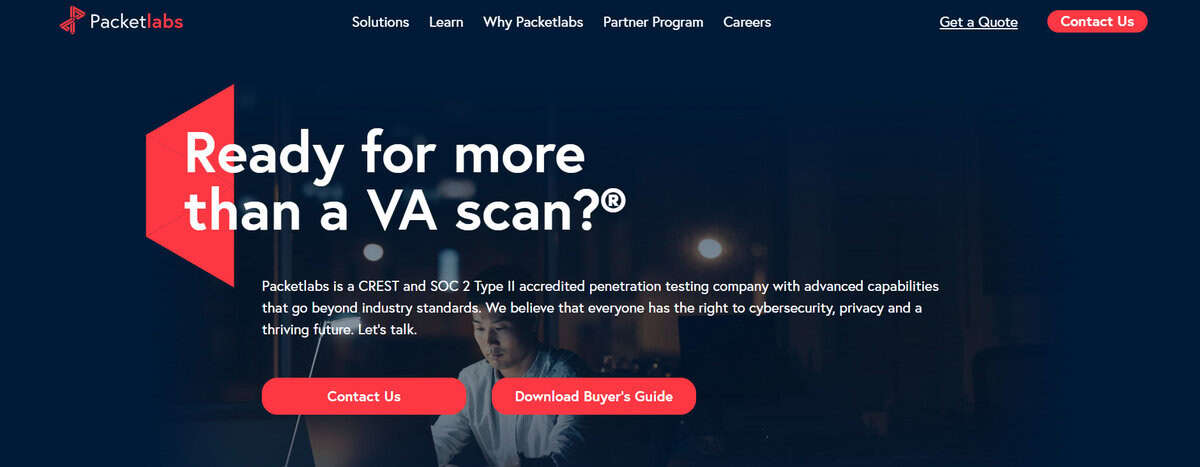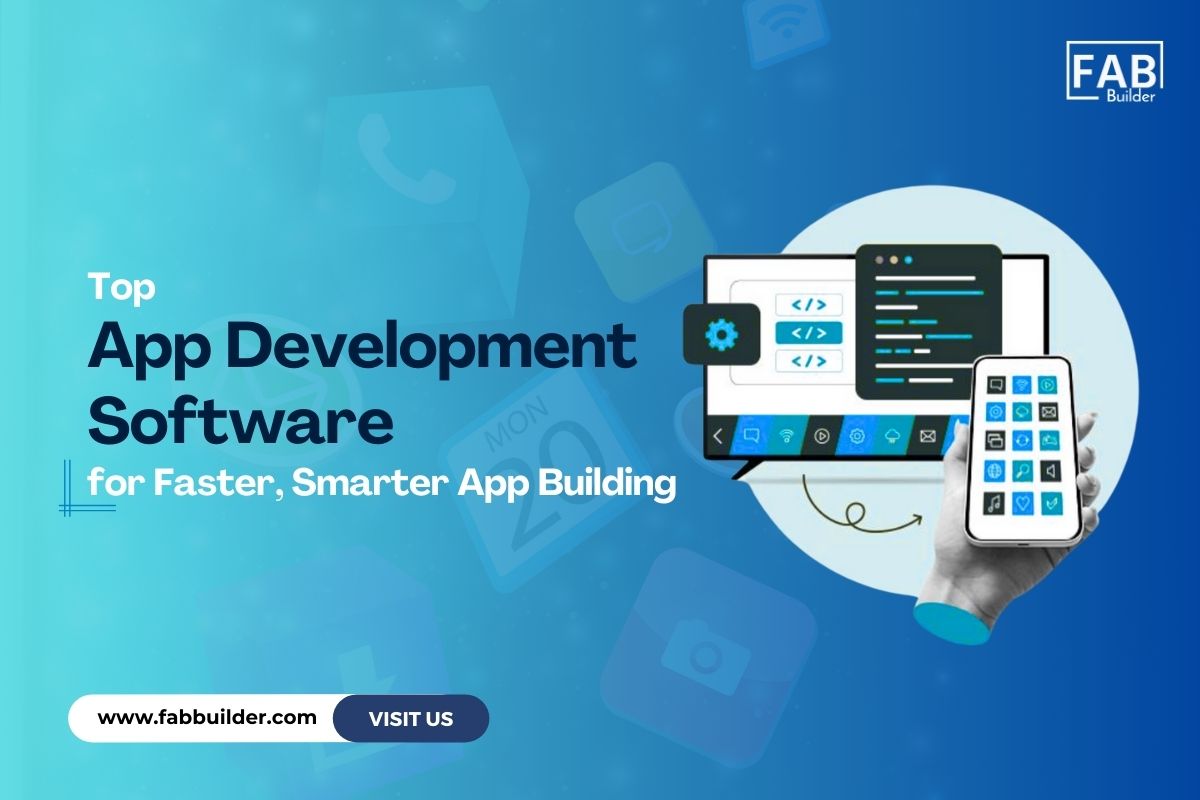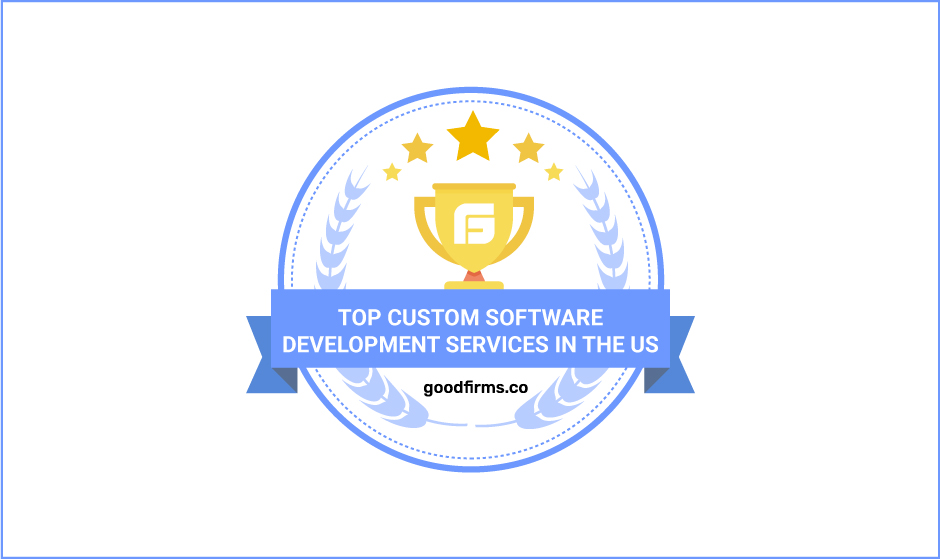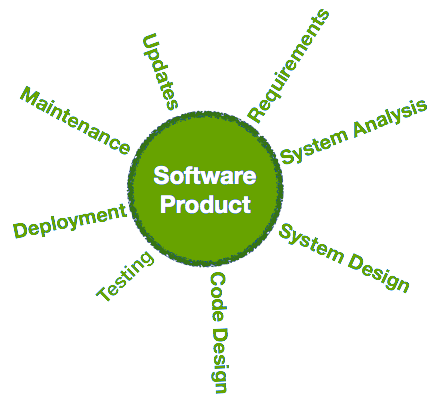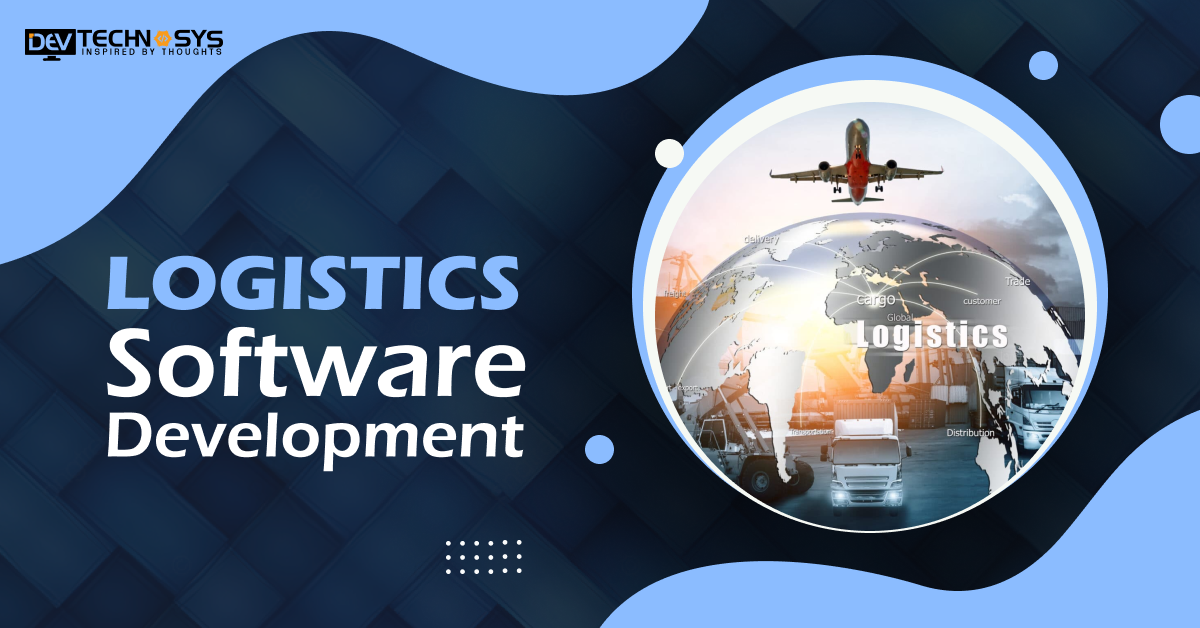Unlock Your Potential as a Revature Software Engineer: Building a Bright Future in Tech
The Role of a Revature Software Engineer
Revature is a leading technology talent development company that focuses on creating a pathway for individuals to start successful careers in software engineering. As a Revature software engineer, you are part of a dynamic team that is dedicated to learning, growth, and innovation.
Responsibilities of a Revature Software Engineer
As a software engineer at Revature, you will be responsible for:
- Developing high-quality software applications
- Collaborating with team members to design and implement solutions
- Testing and debugging code to ensure functionality
- Continuously learning and adapting to new technologies and tools
- Participating in code reviews and providing constructive feedback
- Communicating effectively with stakeholders to understand requirements and deliver results
Skills Required for Success
To excel as a Revature software engineer, you should possess the following skills:
- Proficiency in programming languages such as Java, Python, or C++
- Strong problem-solving abilities and analytical thinking
- Understanding of software development principles and best practices
- Ability to work well in a team environment and communicate effectively
- Desire to learn and grow professionally in the field of software engineering
Career Development at Revature
Revature offers comprehensive training programs and mentorship opportunities to help software engineers enhance their skills and advance their careers. Through hands-on projects, workshops, and professional development resources, Revature empowers its engineers to reach their full potential.
Join the Revature Team Today!
If you are passionate about technology and eager to kickstart your career as a software engineer, consider joining the innovative team at Revature. With a focus on continuous learning and career growth, Revature provides an exciting environment for aspiring professionals to thrive.
Exploring a Career as a Software Engineer at Revature: Roles, Responsibilities, Skills, and Opportunities
- What is the role of a software engineer at Revature?
- What are the responsibilities of a software engineer at Revature?
- What skills are required to succeed as a software engineer at Revature?
- How does Revature support career development for software engineers?
- What training programs and mentorship opportunities does Revature offer to software engineers?
- How can I join the team of software engineers at Revature?
What is the role of a software engineer at Revature?
Inquiring about the role of a software engineer at Revature is a common query among individuals interested in pursuing a career in technology. As a software engineer at Revature, one plays a pivotal role in developing high-quality software applications, collaborating with team members to design and implement solutions, testing and debugging code for functionality, continuously learning and adapting to new technologies, participating in code reviews, and effectively communicating with stakeholders to deliver results. The position demands strong problem-solving skills, proficiency in programming languages like Java, Python, or C++, and a passion for growth and innovation in the field of software engineering.
What are the responsibilities of a software engineer at Revature?
At Revature, the responsibilities of a software engineer encompass a wide range of tasks essential to developing high-quality software applications. Software engineers collaborate with team members to design and implement solutions, test and debug code for functionality, and continuously learn and adapt to new technologies and tools. They play a key role in code reviews, providing constructive feedback, and effectively communicating with stakeholders to understand requirements and deliver results. Overall, software engineers at Revature are instrumental in driving innovation and excellence in software development.
What skills are required to succeed as a software engineer at Revature?
To succeed as a software engineer at Revature, a range of skills is essential. Proficiency in programming languages like Java, Python, or C++ is crucial. Strong problem-solving abilities and analytical thinking are also key attributes. Understanding software development principles and best practices is necessary for creating high-quality applications. Additionally, the ability to work collaboratively in a team environment and communicate effectively with stakeholders is vital. A desire for continuous learning and professional growth in the field of software engineering is highly valued at Revature.
How does Revature support career development for software engineers?
Revature is committed to supporting the career development of software engineers through a variety of initiatives and resources. They offer comprehensive training programs, mentorship opportunities, and hands-on projects to help engineers enhance their skills and stay current with the latest technologies. Additionally, Revature provides workshops and professional development resources to empower software engineers to grow both personally and professionally. By fostering a culture of continuous learning and advancement, Revature ensures that software engineers have the tools and support they need to succeed in their careers.
What training programs and mentorship opportunities does Revature offer to software engineers?
Revature offers a range of training programs and mentorship opportunities to software engineers to enhance their skills and support their career development. These programs include hands-on projects, workshops, and access to professional development resources. Through mentorship from experienced industry professionals, software engineers at Revature receive guidance and support to excel in their roles. The company’s focus on continuous learning ensures that engineers have the tools and knowledge they need to succeed in the ever-evolving field of software engineering.
How can I join the team of software engineers at Revature?
To join the team of software engineers at Revature, individuals can start by applying for the company’s training programs through their official website. Revature offers a structured pathway for aspiring software engineers to kickstart their careers through comprehensive training, mentorship, and hands-on projects. By demonstrating a passion for technology, a willingness to learn, and a strong work ethic, candidates can increase their chances of being selected to join the dynamic team of software engineers at Revature.





